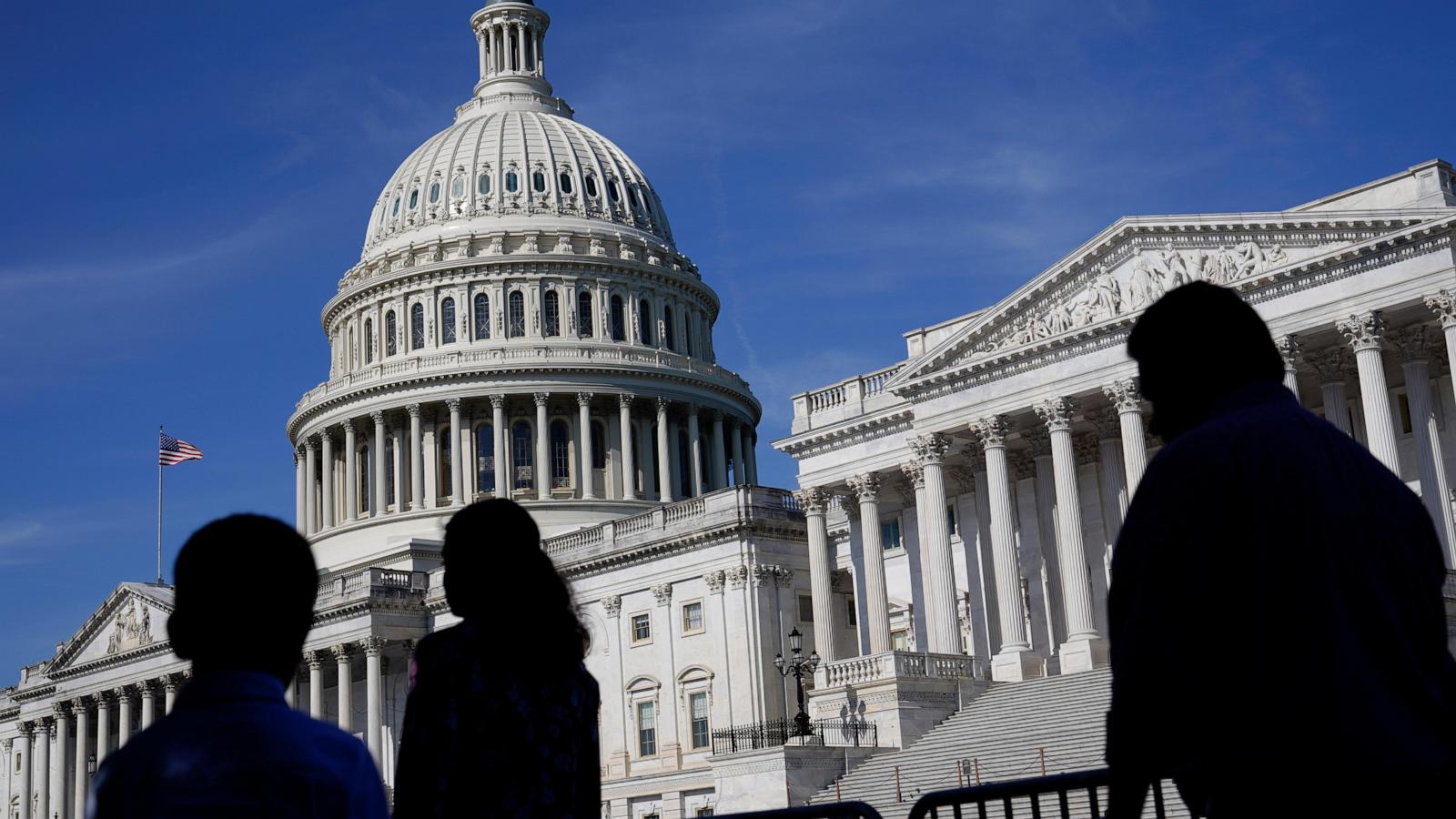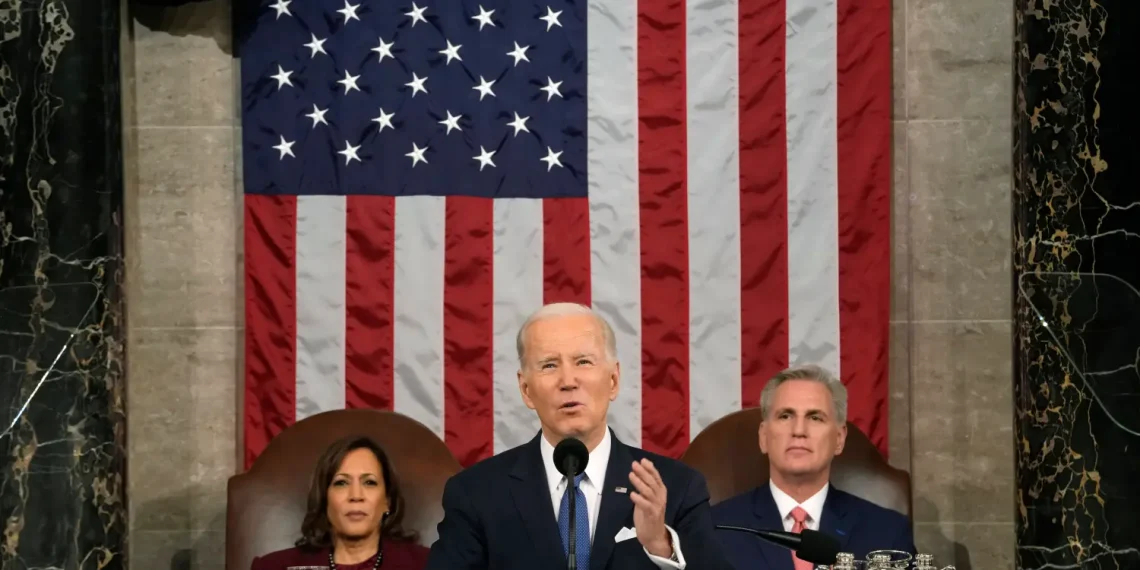In his State of the Union address, President Joe Biden unveiled plans to raise taxes on wealthy Americans and large corporations. These proposals, set to be included in the fiscal 2025 budget, aim to decrease the federal deficit by $3 trillion over the next decade.
Among the key measures are an increase in corporate minimum taxes and reductions in deductions for executive pay and corporate jet usage.
Biden’s tax plans mark a departure from the tax cuts introduced by former President Donald Trump in 2017, which primarily benefited companies and high-income earners. The proposed changes seek to ensure that wealthier individuals and corporations pay their fair share in taxes.

One significant aspect of Biden’s proposal is the introduction of a tax credit to assist Americans in purchasing their first homes or upgrading to larger ones.
This credit would provide $400 per month for two years to offset high mortgage rates. Additionally, Biden proposed eliminating title insurance fees on refinanced federally backed mortgages, potentially saving homeowners over $1,000.
The President’s plan also includes raising the corporate income tax rate to at least 21%, along with increasing the corporate minimum tax rate.

Moreover, Biden aims to quadruple the tax on corporate stock buybacks and impose stricter limits on business income deductions for executive compensation, capping them at $1 million per employee.
To address concerns about price gouging and “junk fees,” Biden pledged to crack down on hidden charges and ensure transparency in pricing across various sectors, including cable, travel, and utilities. He highlighted recent efforts to cap credit card late fees and promised further regulations to protect consumers from surprise charges.
While Biden’s tax proposals face hurdles in Congress, particularly given the current political landscape, they represent a significant shift towards a fairer tax system and greater consumer protection.





